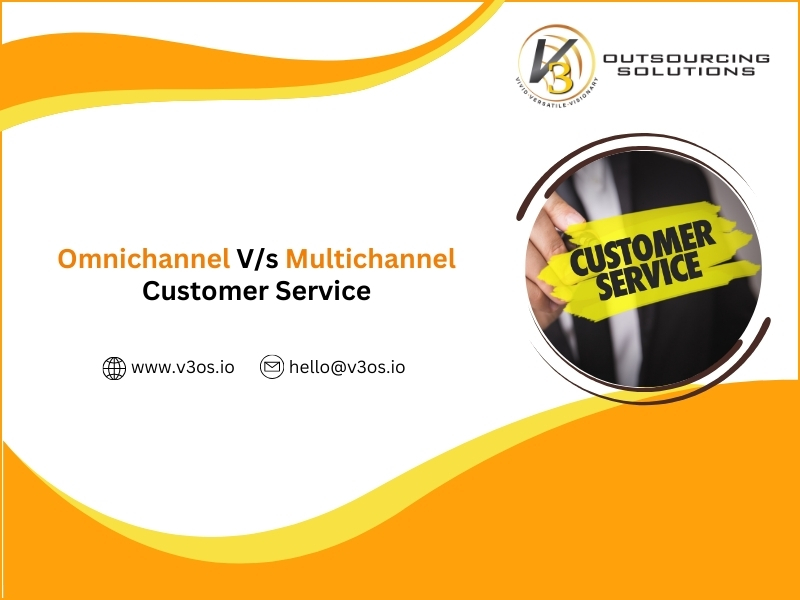
Modern business demands keeping up with the growing needs of customers everywhere, but offering an outstanding customer service strategy is a moving target. With our fast-evolving business landscape, customer expectations continue to look different with every passing year. While we can’t form your customer service strategy, we can start by defining the difference between Omnichannel & multichannel support.
Customers using more than one channel to shop are shaping up to be the most valuable kind to target. For one, those that use multiple channels have a 30% higher customer lifetime value than those who use just the one. This is where the Omnichannel v/s multichannel customer service debate comes in. While both of these strategies are to do with using multiple channels for communicating with your customers, they really have the key differences to be kept in mind before you decide which one to invest in. The blog covers the ins & outs of both omnichannel and multichannel customer service, from their use cases to their benefits.
Prior to diving into the comparison, it’s crucial to understand the simple definitions of omnichannel & multichannel customer service. Multichannel customer service is a model where businesses communicate with their customers through multiple independent channels, including phone, email, social media & live chat. Omnichannel customer service also includes businesses using multiple channels to communicate with customers.
While both multichannel & omnichannel strategies aim to serve customers across multiple channels, the omnichannel model carries significant advantages, making it an updated & more powerful alternative to the multichannel model.
The omnichannel strategy acknowledges that customers start their journey on one device & move to another. On the whole, it offers a consistent experience across all the channels, creating a unified customer journey. Such an integrated approach prevents customers from having to repeat themselves and ensures they receive a personalised service, enhancing overall customer satisfaction.
An omnichannel approach can help your business gear up your efficiency rates, reducing the time taken to resolve the customer issues. It leads to reduced operational costs as the service team goes the extra mile in handling queries faster, and customers don’t have to spend much time reaching out through different channels.
Businesses adopting an omnichannel customer service model are well equipped to scale up or down as per the demand. Such can be witnessed, especially during the peak time. The agility not only ensures the consistency of customer service but also provides a competitive edge in today’s dynamic business landscape.
Having gone through all the points above, this might seem like the inevitable decision to go full speed ahead into an omnichannel customer service model. Frankly speaking, 75% of all customers seek a consistent service experience from the business, no matter how many channels they use to get in touch. Partnering with the right customer service outsourcing partner, including V3 Outsourcing Solutions, you can have a support system that matches you to highly skilled agents at a rate that suits well with your business.